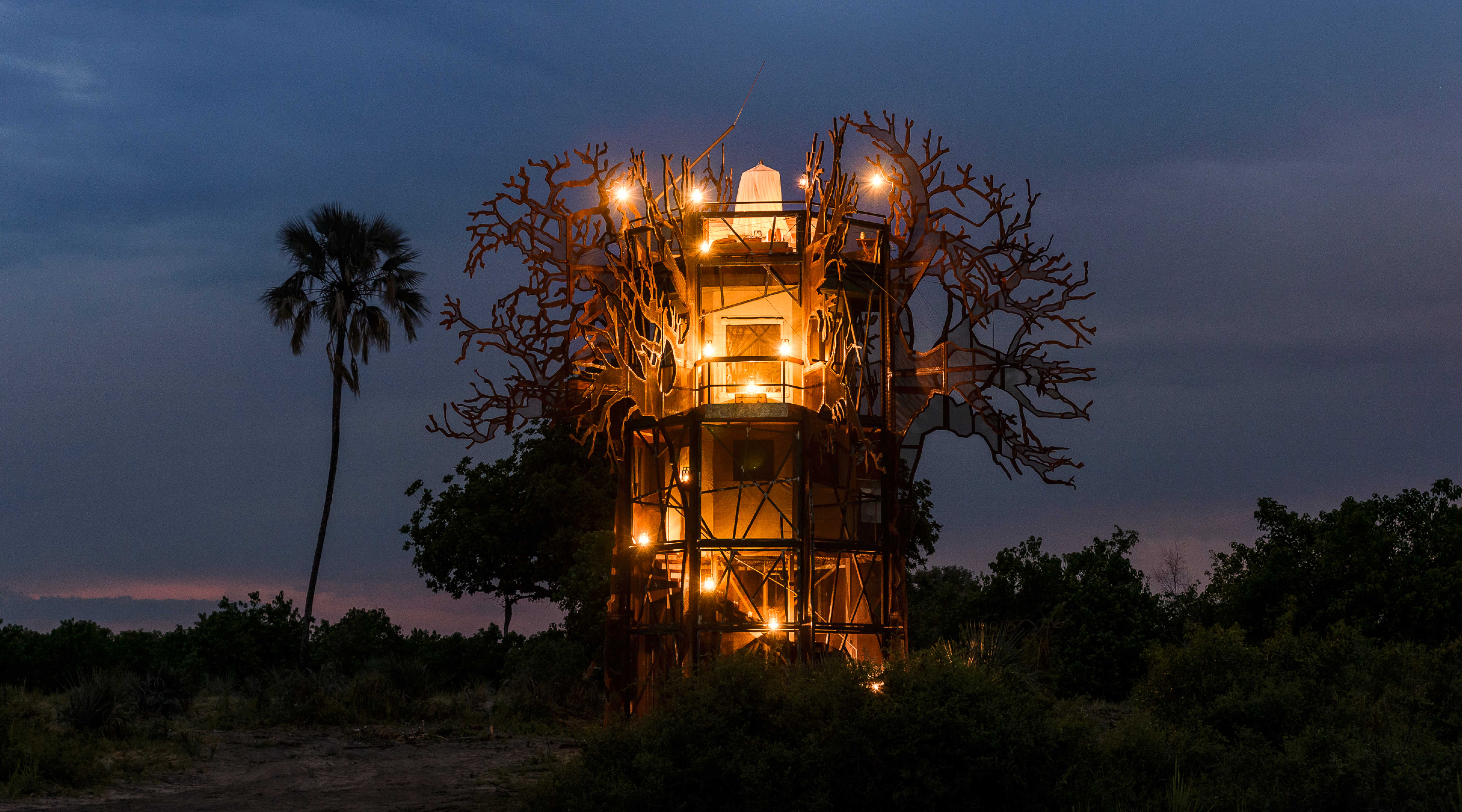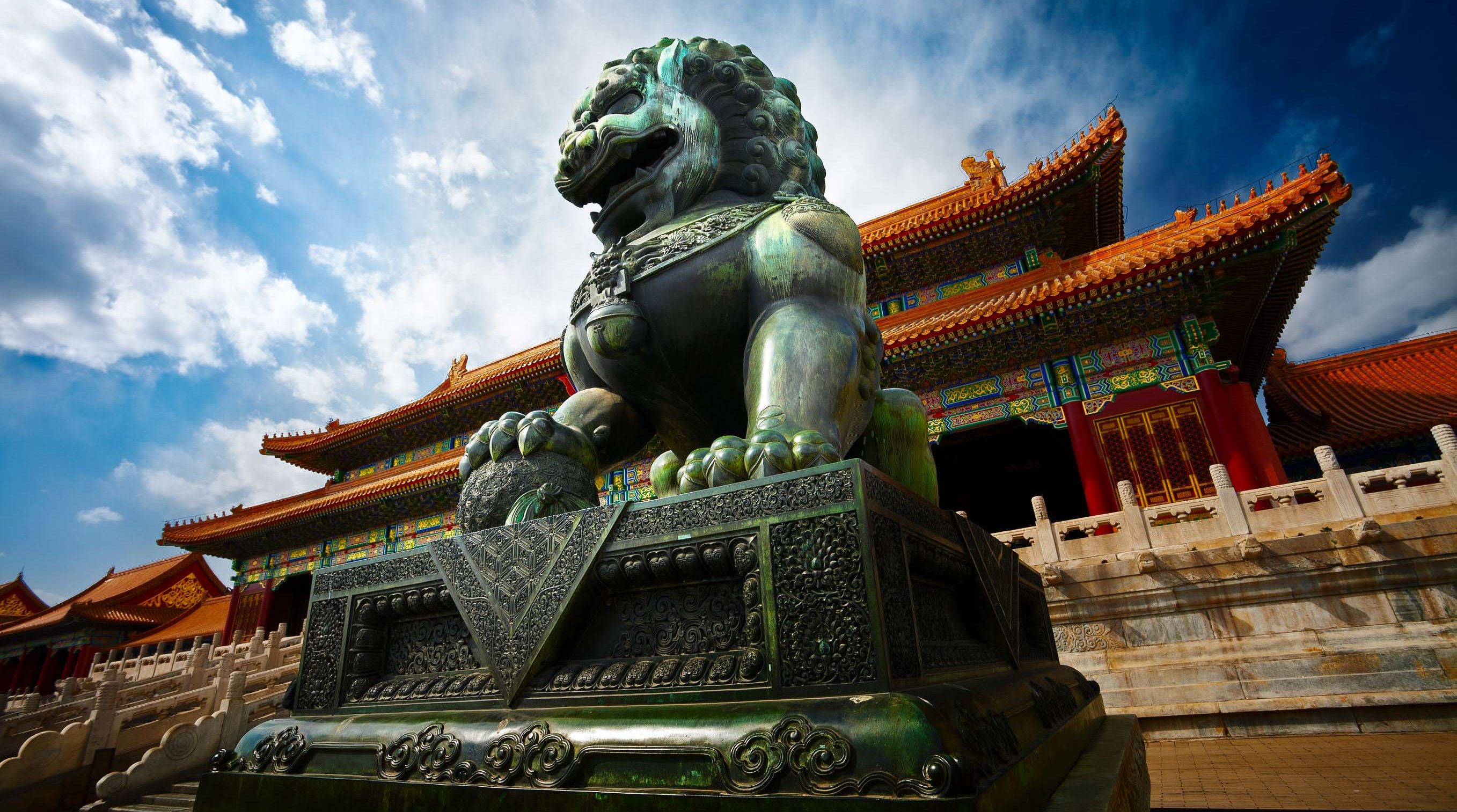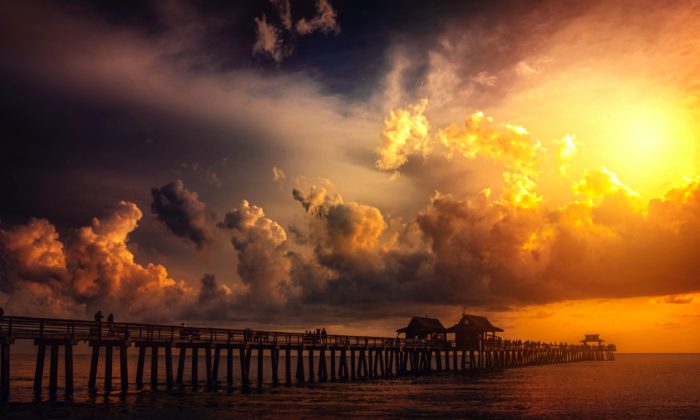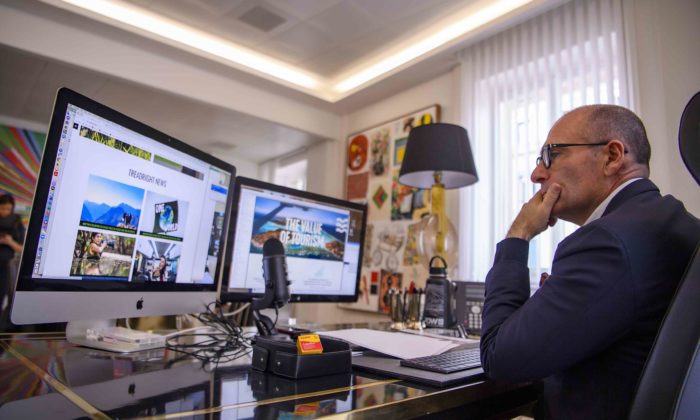My Travels to Beijing: UNWTO’s Conference for Peace & Development
Further to my latest blog post, I recently attended the UNWTO’s (United Nations World Tourism Organization) First World Conference on Tourism for Development with the powerful, important theme of “Tourism for Peace and Development.” I was honored to be invited by my good friend and UNWTO Secretary-General, Taleb Rifai, one of the greatest human beings I’ve had the pleasure to meet. During the one-day event, I participated in an afternoon panel about how tourism is a positive driver for peace.
This meeting was attended by 1,000 international participants, including 43 government ministers and industry leaders from 147 countries. This conference, which coincided with China Tourism Day and in anticipation of 2017, which has been named the INTERNATIONAL YEAR OF SUSTAINABLE TOURISM FOR DEVELOPMENT, brought together some of the global leaders in the areas of tourism and development to spur dialogue and create a better understanding on tourism’s contribution to development, including poverty alleviation and peace.
The Premier of China, Mr. Li Keqiang (the no. 2 in China’s government) opened the day’s events, which was co-hosted by Li Jinzao, Chairman of the China National Tourism Administration (CNTA) and UNWTO. The three panels of the day focused on sustainable development, poverty alleviation and peace through increased tourism.
Our panel focused on the interconnectedness of tourism and the building blocks of peace – social justice, human rights, economic equity, sustainable development, democracy and non-violence. While becoming more and more relevant, this topic has been under-explored today, and hence tourism has not yet lived up to its potential as a tool in building a culture of peace. It is a complex subject and relationship. There are millions of cross-cultural encounters and exchanges that can contribute to better mutual understanding and respect among people of different cultures, communities and backgrounds, which if given a chance, can improve global peace and accord amongst countries and their respective communities.
Tourism can be a peace building tool, in both conflict and post-conflict settings, and tourism can be a more significant contributor to conflict transformation processes. We do need to translate some of the know-how and experiences into recommendations, guidelines and practical tools for stakeholders in our industry. On our panel, I spoke about what our company does on a micro level, to improve the skills, opportunities and in turn self-esteem of our team. More happy people, who are gainfully employed, enjoy their lives and have respect for themselves and others.
I also spoke about how we give back, through our non-profit TreadRight Foundation, where we take some of our annual profits and donate to meaningful projects where we take our travelers too. It was good to see how many of our activities and efforts align well with a significant number of the UNWTO’s 17 Sustainable Development Goals (SDG’s) which can be reviewed here. As UN Secretary-General, Ban Ki-moon noted on World Tourism Day in 2014, “Harnessing tourism’s benefits will be critical to achieving the sustainable development goals and implementing the post-2015 development agenda.”
If you are interested in learning more, it is worth noting that WTTC (whose recent global summit in Dallas I wrote about in my last blog) recently published a report, “Tourism as a Driver for Peace”, which shows how important an open and sustainable sector can be for the levels of peace in a country. A full report can be downloaded here.
I highly commend and thank Mr. Rifai and Mr. Li of CNTA (China National Tourism Administration) for initiating this powerful and important gathering. The road ahead to achieve the goals and opportunities related to this subject are difficult, multi-nuanced and very important. May we all endeavor to work together to continue to break down walls, barriers and misperceptions and conceptions about others. And in doing so, achieve more world peace, self-esteem, bring more women into the workforce and contribute to the reduction of overall poverty.
At the end of this powerful and important day, held in the Great Hall of the People, the ministers of all the governments present and other dignitaries all signed the Beijing Declaration on Sustainable Tourism as a driver of Development and Peace. They all pledged to the following:
1.) Advance the contribution of tourism to the achievement of the 2030 Agenda for Sustainable Development and the SDG’s in its respective areas of action, duly recognizing tourism as an important tool for development and peace.
2.) Ensure the necessary changes in policies, business practices and behavior to increase the contribution of tourism to sustainable and inclusive development and peace.
3.) Further integrate tourism in relevant policies, initiatives, projects and research in order to foster the role of tourism as a tool for sustainable development and poverty reduction.
I am sure you will agree that these are very important, ambitious and appropriate goals and objectives for all of us to work together towards achieving. In our own small way, we will certainly endeavor to contribute and assist in achieving these hallowed pledges as best we can.
All the best and happy travels,
~Brett












